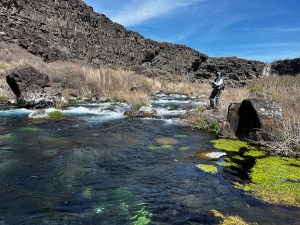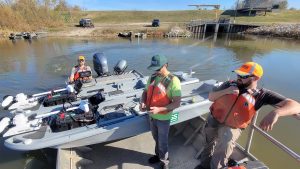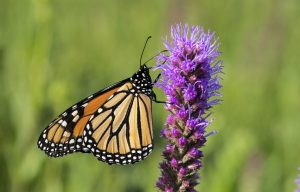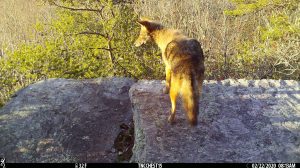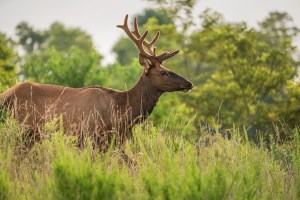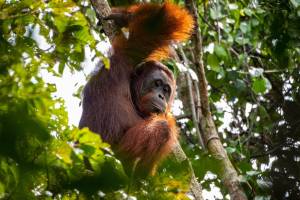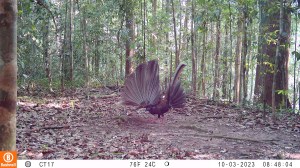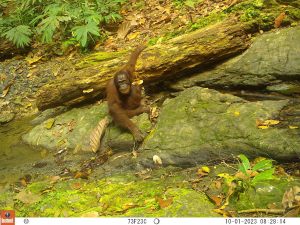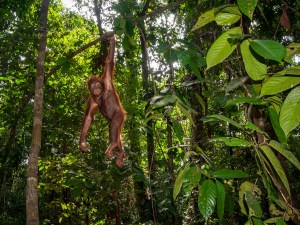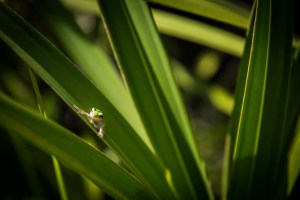Discover stories in TNC Places
Exploring Idaho’s Thousand Springs Region
Crystal clear springs in southern Idaho, a legacy of Nature Conservancy protection efforts, are home to endemic species and offer outstanding recreational opportunities.
The Overlooked Biodiversity of Appalachian Caves
The cave habitats of Tennessee and Kentucky have species that most will never see. Here are some of the unusual creatures found there.
A Kayak in Search of a Fish
In a historic Illinois wetland, a team tackles invasive carp using uncrewed small boats
Chasing Unicorns: A Photographer’s Journey Documenting Rhino Conservation
Photographer Ami Vitale travels to Kenya to cover the translocation of 21 endangered northern white rhinoceros to TNC partner Loisaba Conservancy.
Pit Stops on the Monarch Flyway: Arkansas Partnership Benefits Pollinators
Restoring pollinator habitat on TNC Preserves to provide critical stops for monarch butterflies to nest and feed.
Camera Trap Chronicles: Rattlesnakes and Howling Coyotes
And more. Coming to you from TNC's Bridgestone Reserve in central Tennessee.
Elk in the East: A View to a Dramatic Conservation Success
Elk once roamed across much of North America. After more than a century’s absence, they’re thriving in the Appalachians.
In Indonesian Borneo, A Hopeful Future for Orangutans
Well-managed forests and community involvement are changing the narrative for orangutan conservation.
Camera Trap Chronicles: Wildlife of Indonesian Borneo’s Forests
Camera trap footage from the Wehea Protection Forest in East Kalimantan reveals sun bears, great argus and more.
Camera Trap Chronicles: Orangutans of Indonesian Borneo
Orangutans spend most of their time in trees, but camera traps provide a glimpse of the apes on ground.
To See A Wild Orangutan
Happiness is running through the forest in Indonesia, in search of wild orangutans.
Following Frogs into the Flames
Tree frogs seem to disappear during a forest fire. Do they migrate? Do they die? A researcher set out to find them.
